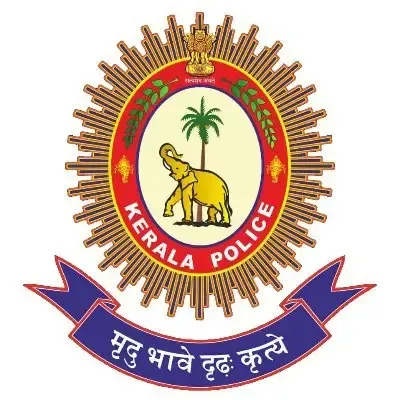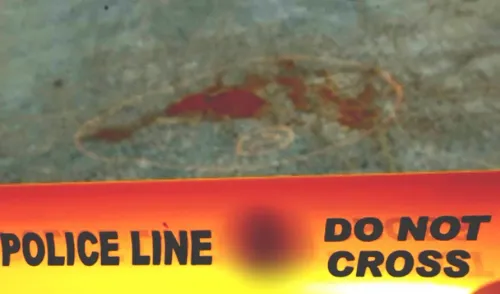Why Are Kerala Medical College Teachers Boycotting Outpatient Duties?

Synopsis
Key Takeaways
- Doctors in Kerala are protesting for better pay and working conditions.
- The strike impacts outpatient services, affecting patient care.
- The KGMCTA has warned of escalating actions if demands remain unmet.
- Kerala has 12 government medical colleges crucial to its healthcare system.
- Long-standing issues have been raised by faculty, highlighting systemic challenges.
Thiruvananthapuram, Oct 20 (NationPress) Medical professionals in government medical colleges throughout Kerala initiated a boycott of Outpatient (OP) services on Monday, escalating their ongoing protest regarding numerous unresolved concerns impacting the state’s medical education and healthcare framework.
The Kerala Government Medical College Teachers Association (KGMCTA), representing the faculty, announced that the strike was triggered by the government's failure to act despite repeated pleas.
Their key demands include revising pay structures, ensuring an adequate number of physicians relative to patient demand, and abolishing arbitrary transfers.
While OP services will be on hold, junior and postgraduate doctors will continue their duties within the medical colleges.
This protest is part of a series of escalating demonstrations. Earlier, on October 2, KGMCTA held statewide candlelight vigils and sit-ins at 6:30 p.m. across all medical colleges to express growing dissatisfaction among faculty members. This was succeeded by a statewide sit-in on October 10, which served as a warning of more severe actions if the government remains unresponsive.
Kerala is home to 12 government medical colleges providing MBBS programs, collectively offering 1,755 MBBS seats. These institutions are fundamental to the state’s medical education and play a vital role in its public healthcare network.
“We have consistently raised long-standing issues including overdue salaries, pending dearness allowance payments, inconsistencies in entry-level pay, and the inability to establish new teaching positions in newly opened medical colleges. Instead of enhancing faculty numbers, the relocation of current staff has exacerbated shortages, impacting both medical education and patient care,” shared a protesting doctor with IANS.
KGMCTA officials highlighted that these issues have also hindered the inclusion of young doctors into the system. Previously, the faculty organized a “black day” protest on September 22 and a statewide sit-in on September 23.
Despite commitments from the state cabinet, concrete actions to address their grievances have not materialized. The association has cautioned that if these matters remain unresolved, it will initiate a relay strike, reflecting the increasing discontent among medical college faculty advocating for fair compensation, staffing, and improved working conditions.









